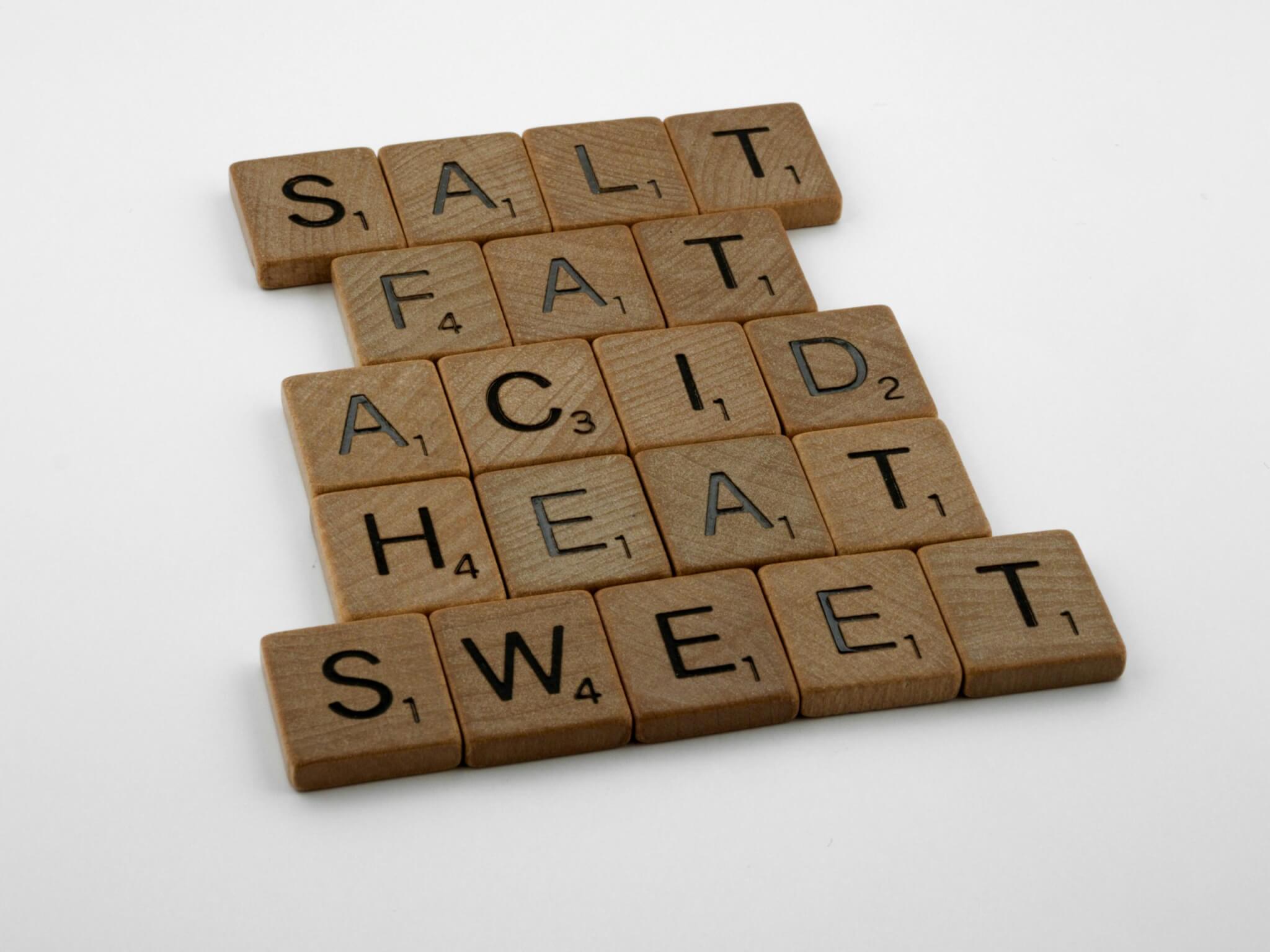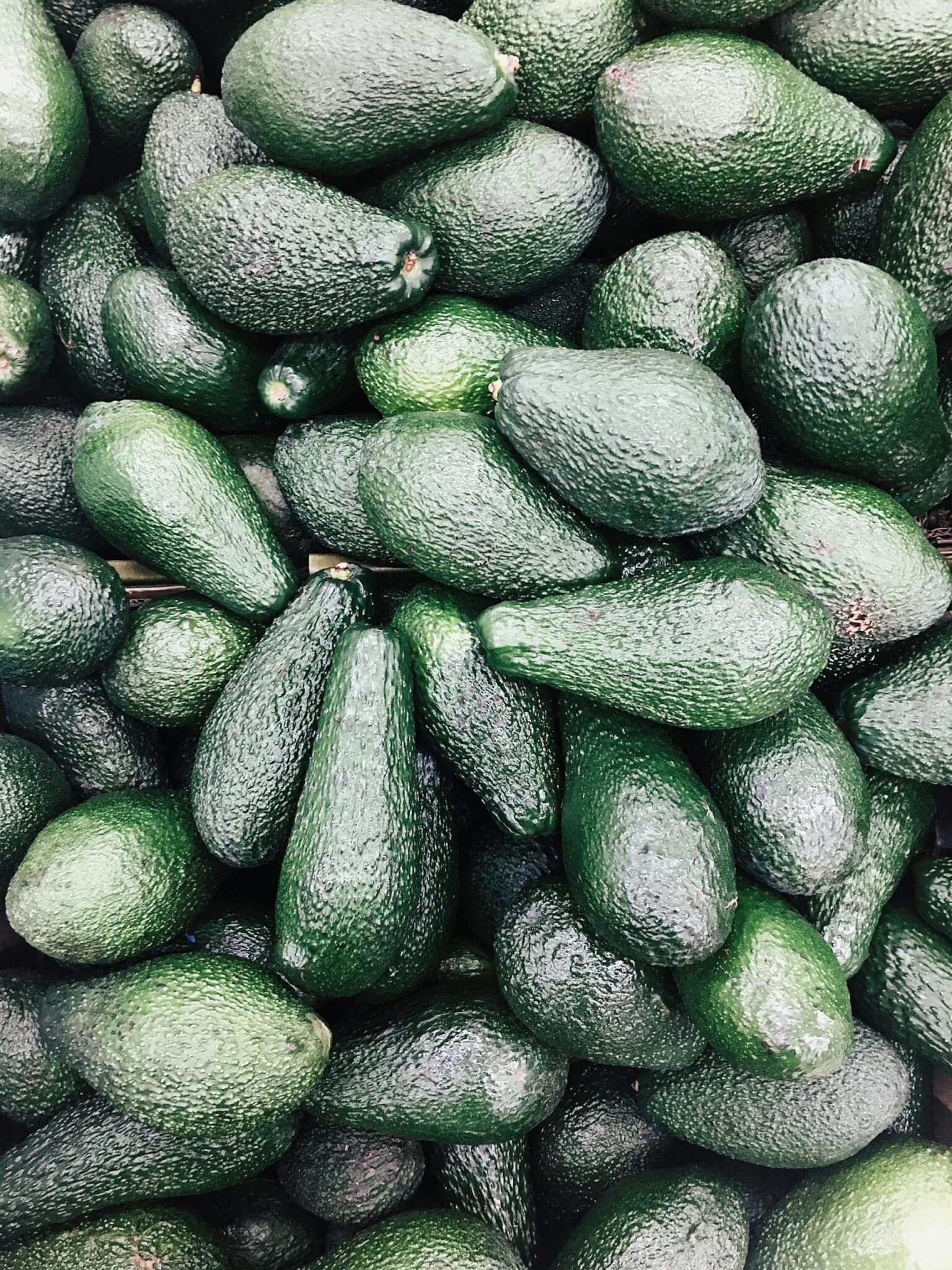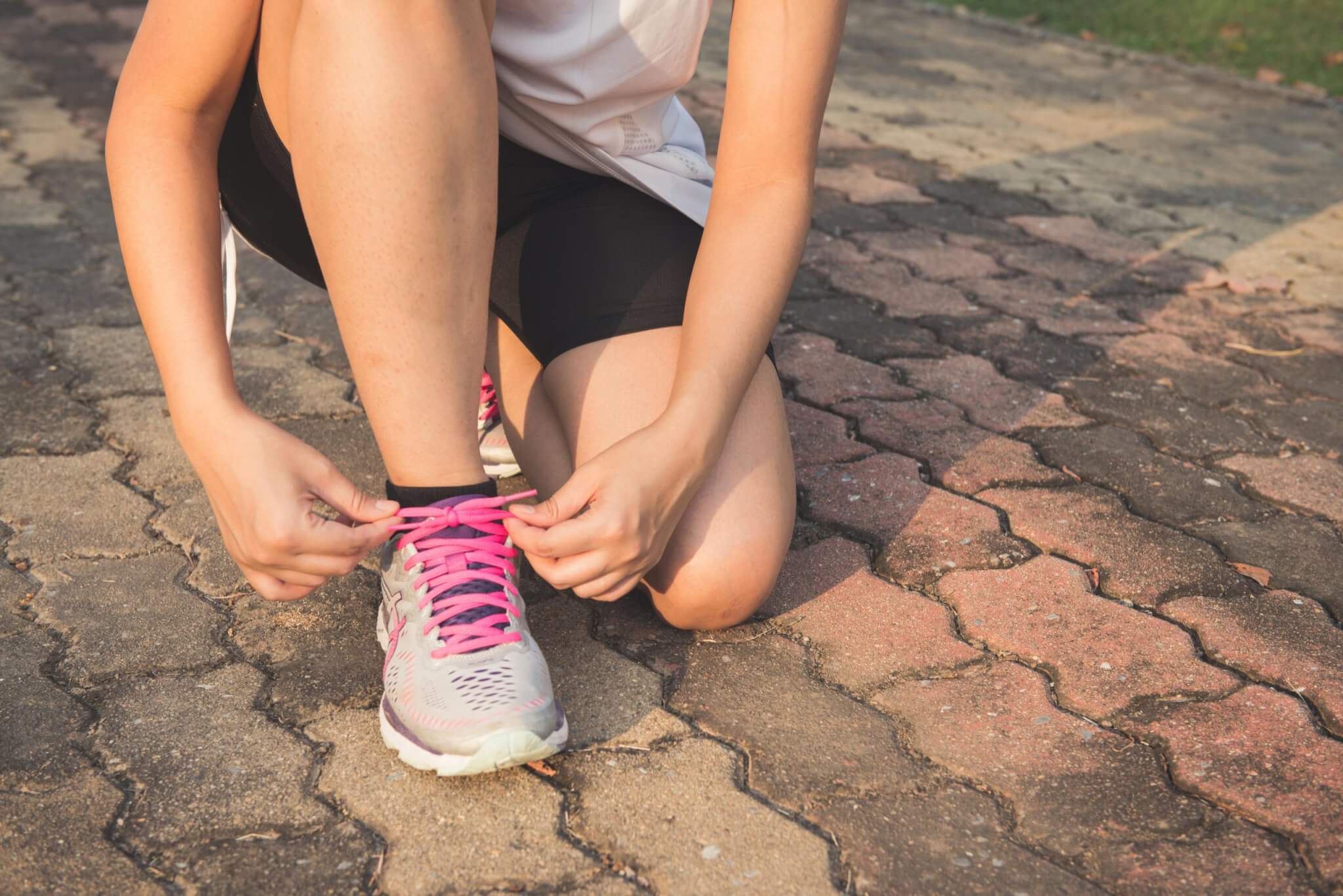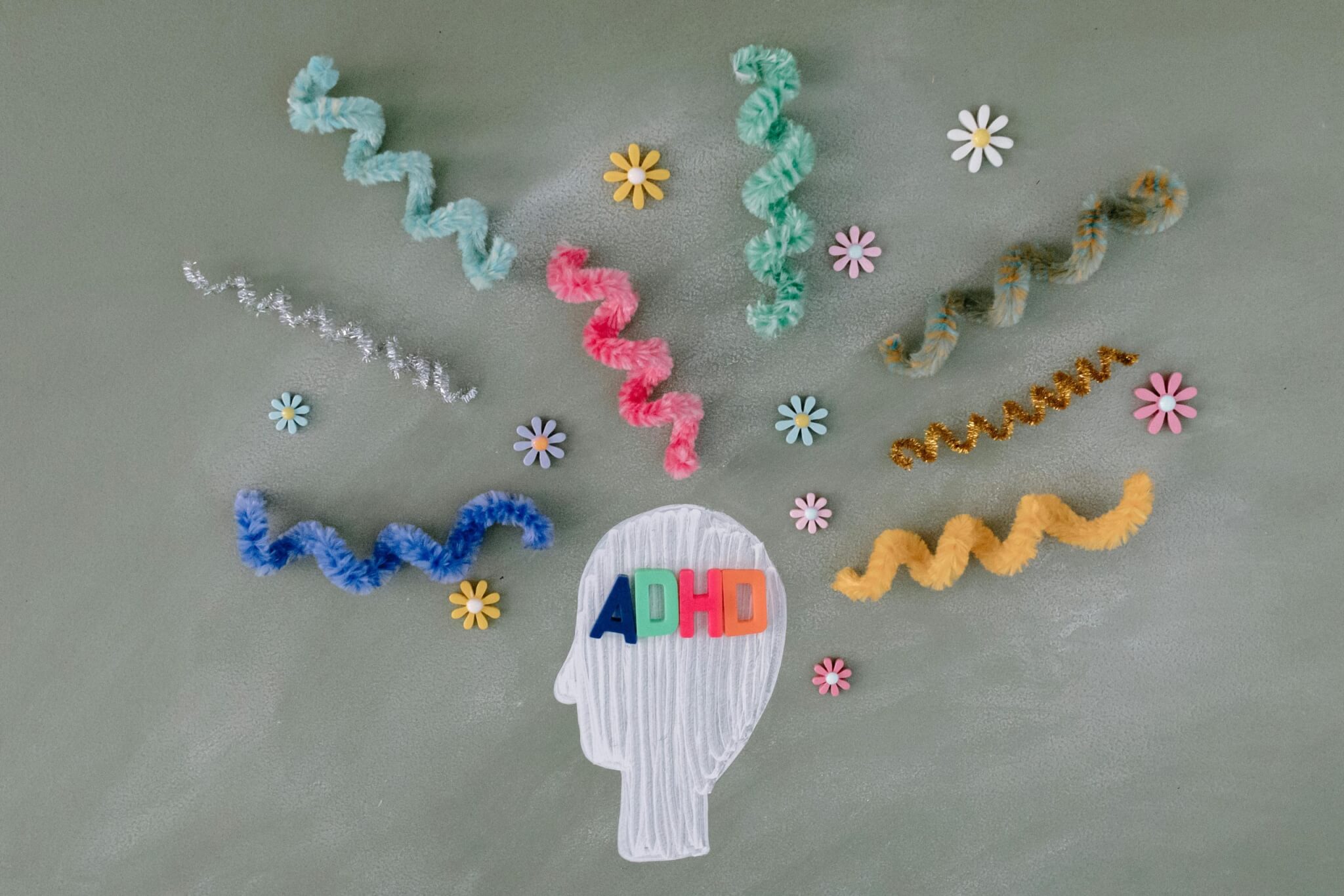This is a guest blog contributed by Stevan McGrath with some comments by Deanne Jade. He has found an article attempting to relate ADHD to eating disorders in children. True eating disorders such as anorexia in children are very rare. In addition we must not confuse associations or shared features with cause and effect.
The evidence does not suggest a strong relationship between ADHD and childhood eating disorders or obesity. In my experience however ADHD if present can complicate treatment. ADHD if treated with medication does not result in a changed relationship with food, nor does it solve a weight problem.
In the last five years, several doctors and other clinicians have attempted see if there is a relationship between attention deficit hyperactivity disorders (ADHD) and eating disorders in children. They searched for factors that might reveal a possible relationship between having ADHD and eating disorders This article will try to shed light on and discuss the results of these studies in an attempt to explain why children with ADHD are also at risk for eating disorders. This article will explore several hypotheses and discuss the possible implications for the treatment and management of both ADHD and eating disorders.
ADHD includes a pervasive pattern of inattention and/or hyperactivity and impulsivity. Fernández-Aranda et al. discuss in one study that ADHD, though described as a children’s disorder, could persist well into adulthood. The study of Erhart et al., on the other hand, describes ADHD as a psychiatric condition of childhood that affects 3-10% of school-aged children.
As for eating disorders in children, it is hard to diagnose these because children do not commonly confess to the body image disturbances that underlie true eating disorders. They may not show weight loss which is typical of anorexia but they may fail to grow and thrive. The most common eating disorders, Compulsive Eating and Bulimia nervosa are rare in pre pubertal children and tends to emerge later in adolescence which anorexia nervosa typically emerges early in adolescence.
Eating disorders are characterized by dietary chaos and sometimes extreme weight control strategies that are harmful to physical and emotional health. They affect many different organ systems of the body, including the gastrointestinal, musculoskeletal, endocrinal, and central nervous systems. An example of a screening test that checks for persistent eating disorders available to paediatricians is the SCOFF (Sick, Control, One stone, Fat, Food) questionnaire. However other conditions which result in changed eating and appetite must be ruled out first.
At this point, the question remains: given the characteristics of children diagnosed with ADHD symptoms, and the characteristic of people having eating disorders, do we have evidence relating both of these diseases? Do doctors and other medical practitioners believe that children with ADHD have a significantly higher risk of having eating disorders? There have been several studies published in medical journals during the last five years. These studies attempt to look at factors that may or may not contribute to a higher risk of eating disorders in children with ADHD.
One study by Stulz et al. discusses a possible connection between three key features of ADHD and eating disorders. The researchers considered the following characteristics: inattention, hyperactivity, and impulsivity, which are ADHD core symptoms, and looks at their manifestation in eating disorder patients. Stulz et al. mention in the study that binge eating and purging behaviors could be often described as impulsive, which is one core feature of bulimia nervosa (BN). Another study mentioned that people suffering from anorexia nervosa (AN) and BN symptoms show impairments in attention in neuropsychological testing compared to healthy control subjects. Excessive exercising, which is a typical of anorexia, can also be considered as an expression of hyperactive or restless behaviour.
(It has to be pointed out by Deanne Jade that some of these “character” elements can be explained simply as being a consequence of starvation and malnutrition).
There are also studies that point in the direction of an increased prevalence of eating disorders in general and BN in particular in samples of ADHD-symptomatic individuals. Wentz et al., as cited by Stulz et al., discovered an ADHD prevalence rate of 10-17% in eating disorder patients, all of whom had purging-type AN. Although there was no control group, the findings of this study suggest that the rate of ADHD may be increased in eating disorder patients. (But is this due to poor diet…) The presence of co-morbid ADHD in eating disorder patients may affect the course of illnesses and thus may be highly relevant for the treatment of eating disorder.
Erhart et al. propose that children and adolescents with ADHD may be at higher risk for overweight and obesity. The prevalence of ADHD in a sample of children was significantly higher for overweight/obese (7%) than for normal weight (3.5%) and underweight (4.9%) children. This means that overweight/obese children are twice as likely to have an ADHD diagnosis.
Subsequent analyses also show that children with ADHD more frequently reported eating problems than their non-ADHD-symptomatic counterparts. Should clinicians thus be alerted to the risk of ADHD in overweight or eating disordered children? We must bear in mind that this sample is small and the risk of ADHD is also small, and the ADHD may not therefore play a major role in determining the severity of eating disorder symptoms.
Children and young adults with eating disorders can present a doctor with a variety of signs, including severe weight loss, vomiting, growth/pubertal delay, and amenorrhea. One can suspect an adolescent girl who shows weight loss, exercises excessively, or engages in unhealthy weight control behaviors of having an eating disorder, according to Martin and Golden. The presence of ADHD in childhood, they say, can help in the management of eating disorder symptoms if diagnosed early, since both illnesses manifest some common genetic/behavioural indicators. It is suggested that managing these ADHD symptoms, either by cognitive behaviour therapy or through medical or drug interventions, may result in a significantly lower incidence of eating disorders in the future. Clinical practitioners who work with eating disorders may also want to find out if the patient shows ADHD symptoms. Some of these medical studies observed that some failures in the treatment of eating disorders might be attributable to undiagnosed ADHD symptoms in children and adults.
Although ADHD is sometimes observed in young people with eating disorders, the relationship between these two disorders is complex. In the end, the researchers argue that increased understanding of ADHD symptoms in children versus indicators of eating disorders could result in significantly better management of eating disorders by handling the core symptoms associated with ADHD, such as impulsivity, hyperactivity, and inattentiveness. Conversely, managing the symptoms of eating disorders may have a significant impact on the management of ADHD in both children and adults.
Deanne Jade adds, changing the diet is known to be highly effective in reducing symptoms BELEIVED to be characteristic of ADHD due to the effect of nutrition on the brain.
References:
1) Fernández-Aranda, Fernando, et al. “ADHD Symptomatology In Eating Disorders: A Secondary Psychopathological Measure Of Severity?.” BMC Psychiatry 13.1 (2013): 1-8. Academic Search Premier. Web. 1 May 2015.
2) Erhart, Michael, et al. “Examining The Relationship Between Attention-Deficit/Hyperactivity Disorder And Overweight In Children And Adolescents.” European Child & Adolescent Psychiatry 21.1 (2012): 39-49. Academic Search Premier. Web. 2 May 2015.
4) Cortese, Samuele, Bernardo Dalla Bernardina, and Marie-Christine Mouren. “Attention-Deficit/Hyperactivity Disorder (ADHD) And Binge Eating.” Nutrition Reviews 65.9 (2007): 404-411. Academic Search Premier. Web. 1 May 2015.
5) “Working To Better Define Eating Disorders In Youth.” Eating Disorders Review 21.4 (2010): 3. Academic Search Premier. Web. 2 May 2015.
Author Bio: Stevan McGrath’s writing domain revolves around topics like health and fitness, latest technologies, product reviews, etc. He is a contributing writer to various other websites.




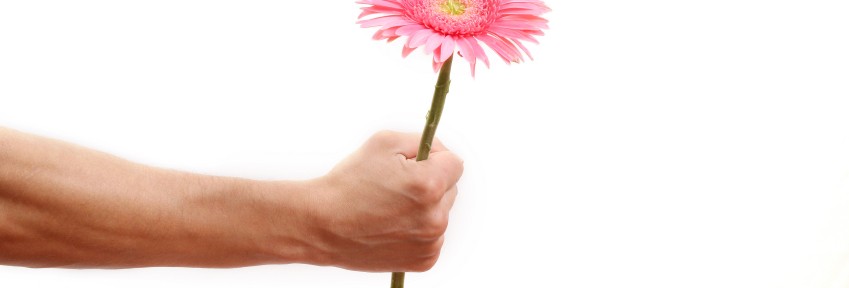
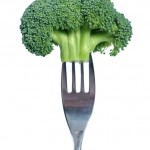 I wrote this recently to a parent who was worried about their child. Let’s call these “The “anorexias.”
I wrote this recently to a parent who was worried about their child. Let’s call these “The “anorexias.”